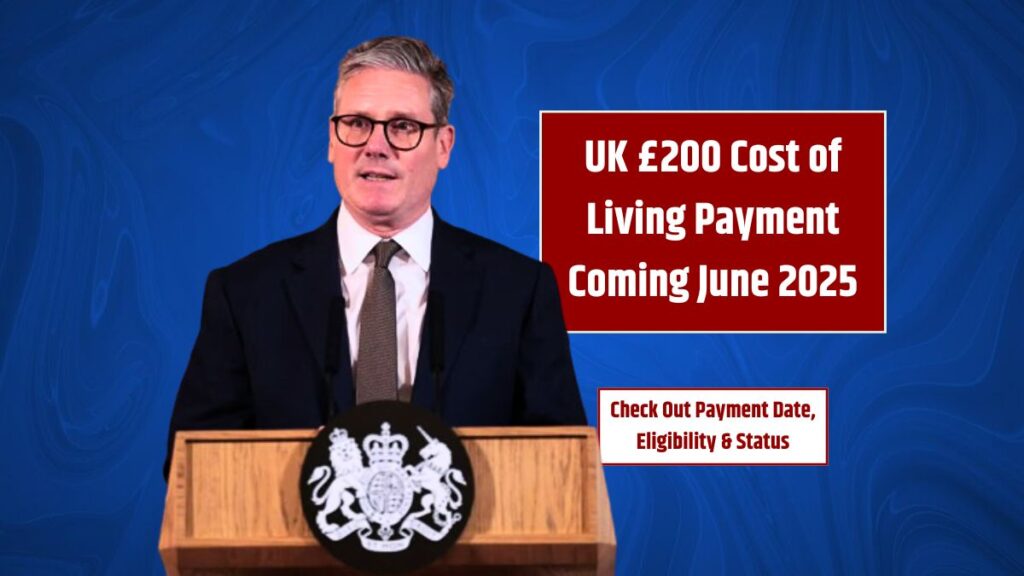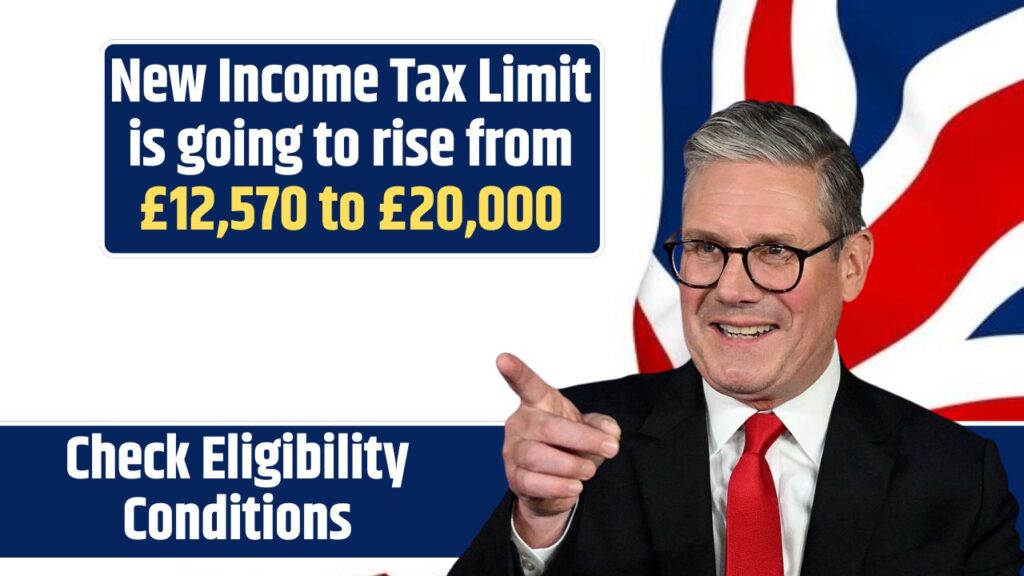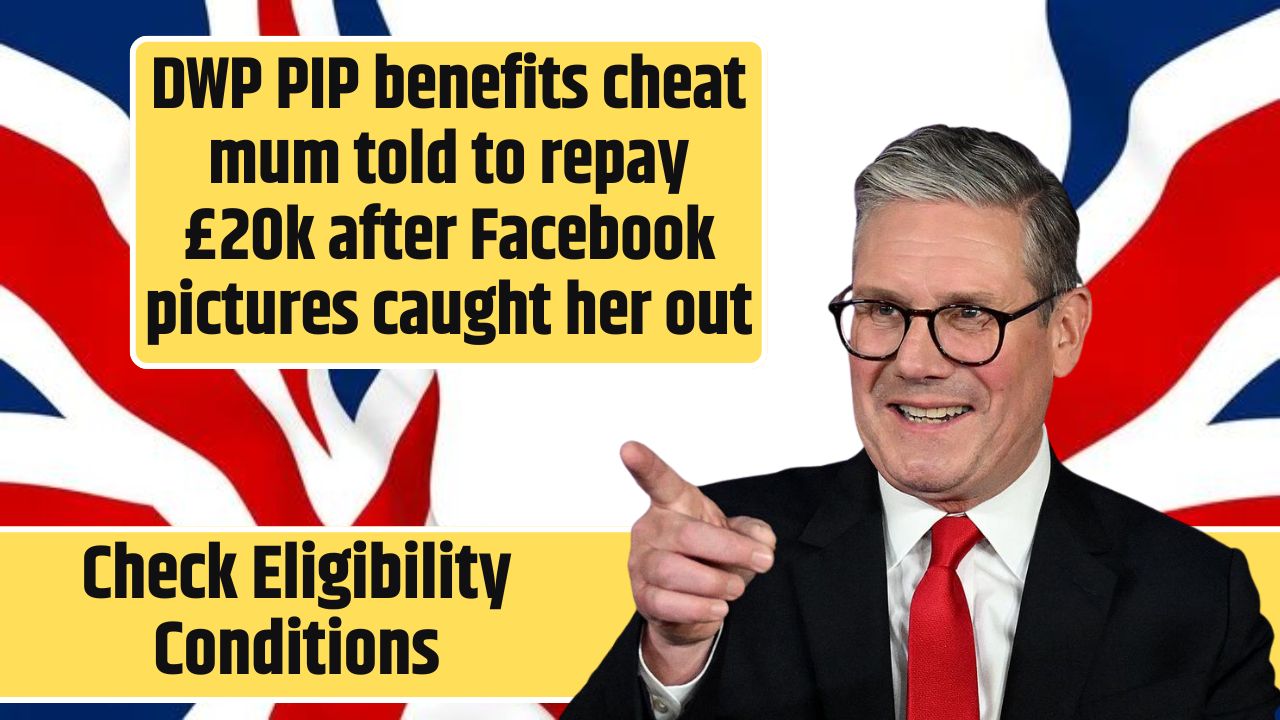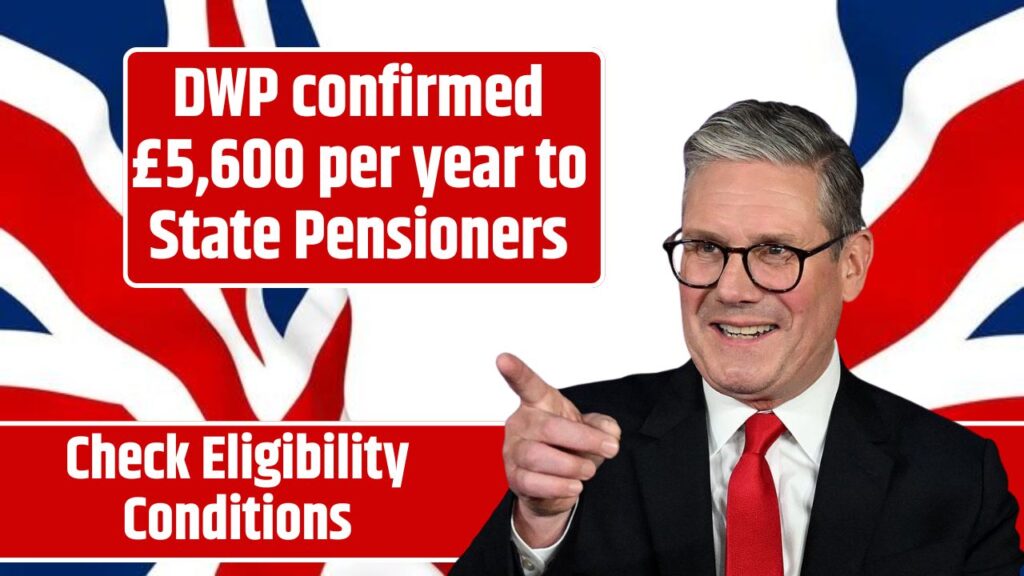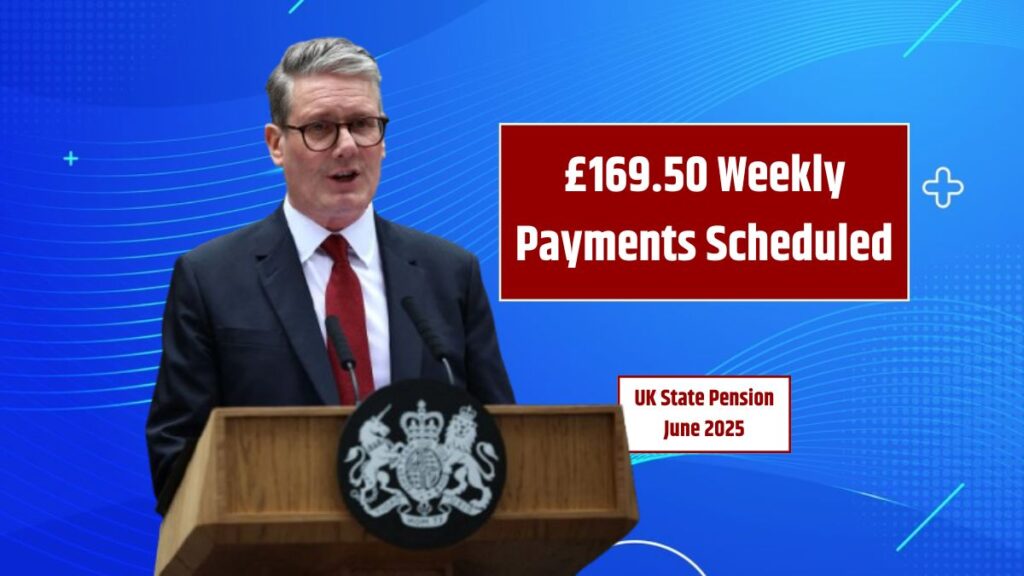Google has agreed to a $100 million cash settlement in one of the longest-running class action lawsuits in digital advertising history. This case, filed way back in 2011, targeted Google’s advertising practices on its then-called AdWords platform. Advertisers claimed they were overcharged due to misleading ad pricing and inaccurate geographic targeting.
Backstory
It all started with claims that Google’s Smart Pricing system—designed to lower costs for less-likely-to-convert clicks—wasn’t doing what it promised. Instead, advertisers said it was manipulated to reduce discounts, leading to inflated ad costs. On top of that, ads were reportedly shown outside the locations advertisers had specifically targeted.
Imagine paying for beachfront ads in Miami, only for them to pop up in the middle of Kansas. That’s basically what happened, and businesses weren’t happy about it.
Allegations
At the heart of the lawsuit was this: Google allegedly breached its contract by failing to deliver accurate pricing and targeted placement. Advertisers didn’t get the discounts Smart Pricing was supposed to offer. Worse yet, the geographic filters didn’t work correctly, causing businesses to pay for irrelevant clicks.
That mix of misleading pricing and faulty targeting led to financial losses—and accusations that Google violated California’s unfair competition law.
Timeline
This wasn’t a quick legal scuffle. It took over 14 years, involved massive amounts of digital evidence, and multiple mediation attempts.
Here’s a breakdown of the timeline:
| Case Detail | Information |
|---|---|
| Case Name | Cabrera et al v. Google LLC |
| Court | U.S. District Court, Northern District of California |
| Case Number | 11-01263 |
| Filed | March 2011 |
| Settlement Submitted | April 2025 (Preliminary) |
| Covered Ad Period | Jan 1, 2004 – Dec 13, 2012 |
Payouts
Google’s agreed settlement fund is a cool $100 million. But before advertisers pop champagne, legal fees and costs are getting their slice first. Plaintiff attorneys are asking for up to 33% of the total ($33 million) plus $4.2 million in expenses.
Here’s how the money breaks down:
| Component | Amount |
|---|---|
| Total Settlement Fund | $100 million |
| Estimated Legal Fees | $33 million |
| Claimed Case Expenses | $4.2 million |
| Left for Advertisers | ~$62.8 million |
That remaining amount will be split among qualifying advertisers based on how much they spent during the covered years.
Eligibility
So who gets a cut? If you used Google AdWords between January 1, 2004, and December 13, 2012, you’re potentially in. But you’ll have to wait for official notice and follow the claims process. A claims administrator will be assigned to handle it all.
Expect to file a claim form and provide documentation of your ad spend. The more you spent, the more you’ll likely get.
Complexity
Why did this case take so long? Two reasons: data and disagreement. Over 910,000 pages of internal Google documents were reviewed. Plus, the teams sifted through terabytes of click data to figure out what really happened.
Add in six failed mediation sessions and four mediators, and it’s easy to see why this case dragged on. It wasn’t just a fight—it was a marathon.
Google’s Position
Google didn’t admit to doing anything wrong. In its statement, the tech giant said the disputed ad tools were old news—long gone from the current Google Ads platform. The company agreed to settle just to move on from the years-long legal battle.
In short, it’s like saying, “We didn’t do it—but here’s some money to put it behind us.”
Takeaways
This case shines a spotlight on the importance of transparency in digital marketing. When advertisers pay for targeting and pricing tools, they expect them to work as promised.
Even though this lawsuit covered tools that are no longer in use, it reminds us that companies need to be accountable—no matter how old the tech is.
For advertisers, the takeaway is simple: Keep records, know your rights, and always watch where your money is really going.
FAQs
Who qualifies for the settlement?
Advertisers who used AdWords from Jan 2004 to Dec 2012.
How much will each advertiser get?
It depends on how much they spent on ads during the covered period.
When will payments be made?
After court approval and claim processing, likely late 2025.
Did Google admit fault?
No, Google denies any wrongdoing in this case.
What was Smart Pricing?
A tool that adjusted ad costs based on conversion potential.





